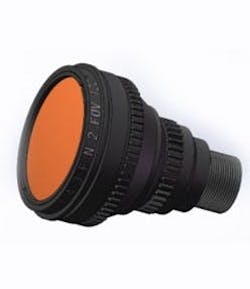Case Study: Exploring Ultra Wide-Angle Lenses
Ultra Wide-Angle lenses are indispensable in the world of imaging, offering a field of view that can extend up to 160°. These lenses are crucial for capturing vast scenes and intricate details, making them invaluable in a wide range of applications. From enhancing the visual appeal in photography to improving real-time monitoring in security and automotive systems, the versatility and complexity of these lenses are unmatched.
Understanding Wide Angle Lenses
Wide-angle lenses are characterized by their short focal length and broad viewing angle, which make them ideal for capturing expansive scenes. These lenses excel at emphasizing foreground elements while still encompassing a wide background, resulting in unique and dynamic visual effects. Widely utilized in photography, wide-angle lenses are also integral to various fields such as security surveillance, automotive systems, and aerial imaging. Their ability to provide comprehensive coverage enhances safety, convenience, and real-time monitoring.
To read the entire case study, visit Shanghai Optics' website.
